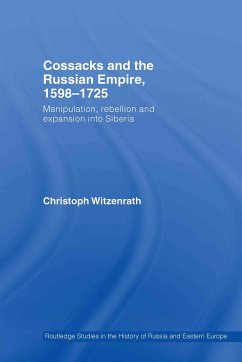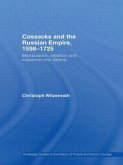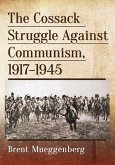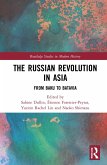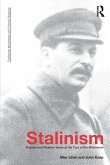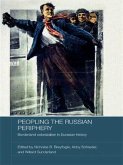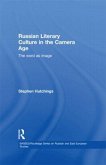Using a wide range sources, this book explores the ways in which the Russians governed their empire in Siberia from 1598 to 1725. Paying particular attention to the role of the Siberian Cossaks, the author takes a thorough assessment of how the institutions of imperial government functioned in seventeenth century Russia. It raises important questions concerning the nature of the Russian autocracy in the early modern period, investigating the neglected relations of a vital part of the Empire with the metropolitan centre, and examines how the Russian authorities were able to control such a vast and distant frontier given the limited means at its disposal. It argues that despite this great physical distance, the representations of the Tsar's rule in the symbols, texts and gestures that permeated Siberian institutions were close at hand, thus allowing the promotion of political stability and favourable terms of trade. Investigating the role of the Siberian Cossacks, the book explains how the institutions of empire facilitated their position as traders via the sharing of cultural practices, attitudes and expectations of behaviour across large distances among the members of organisations or personal networks.
Hinweis: Dieser Artikel kann nur an eine deutsche Lieferadresse ausgeliefert werden.
Hinweis: Dieser Artikel kann nur an eine deutsche Lieferadresse ausgeliefert werden.

